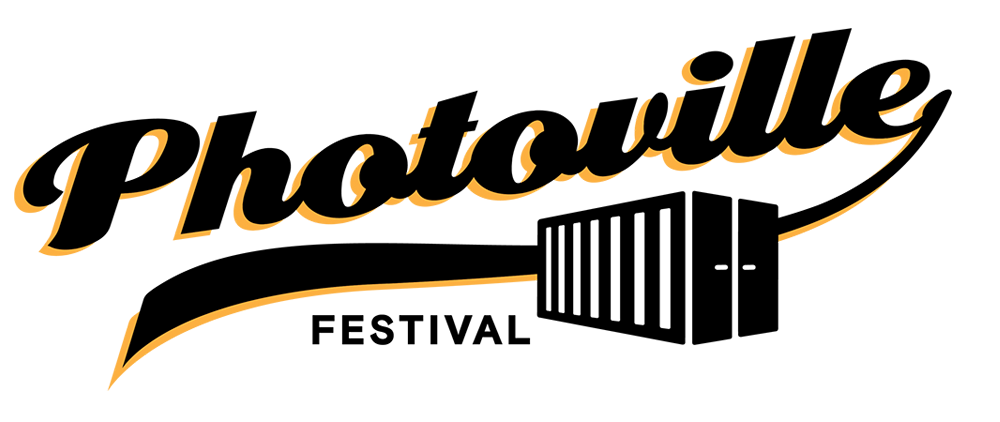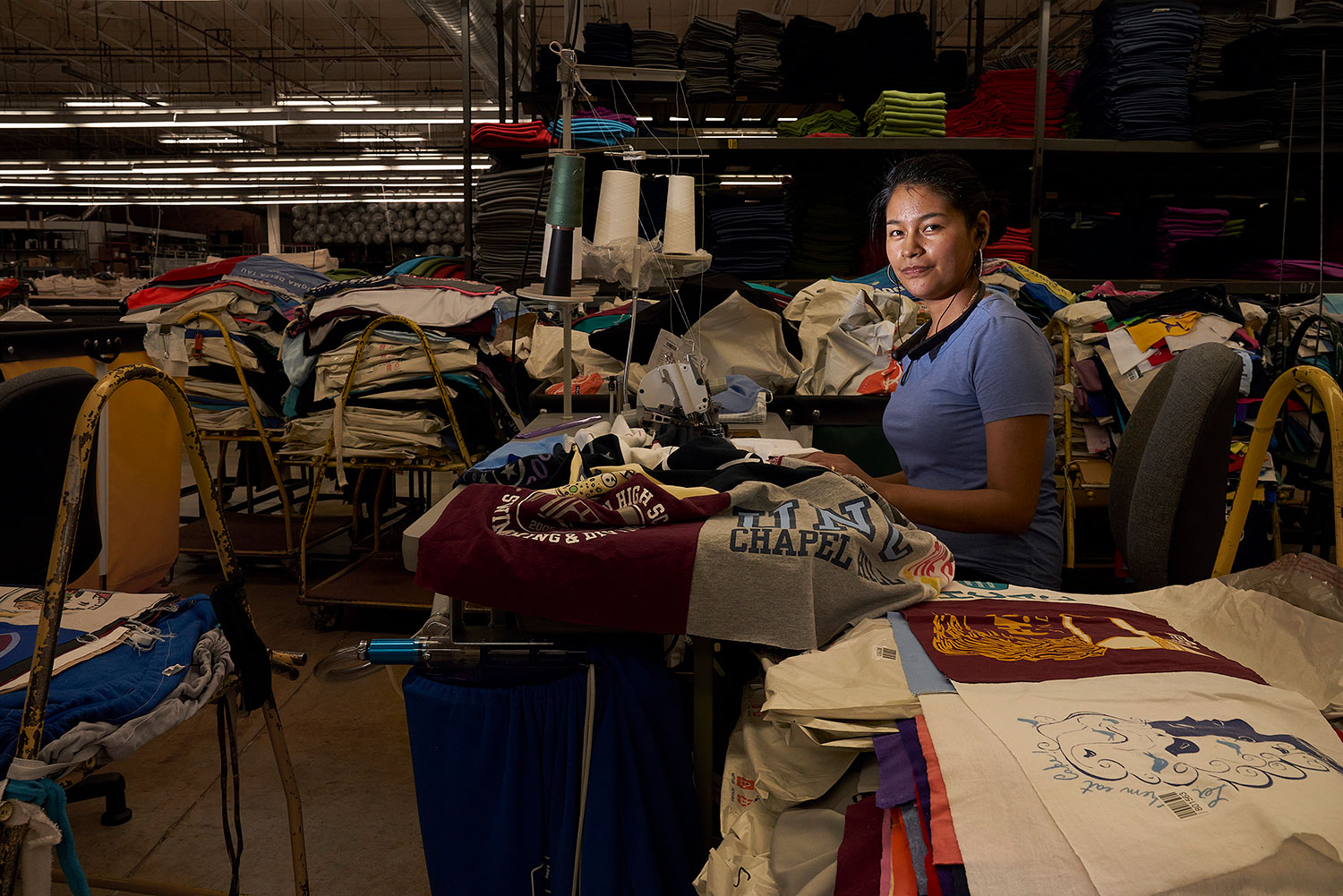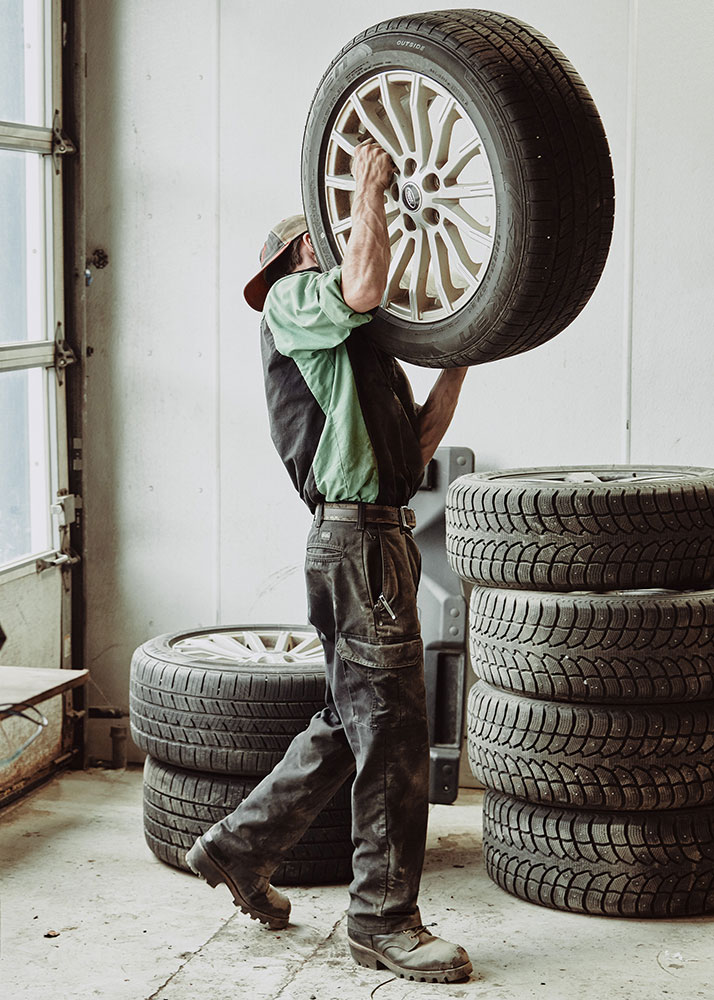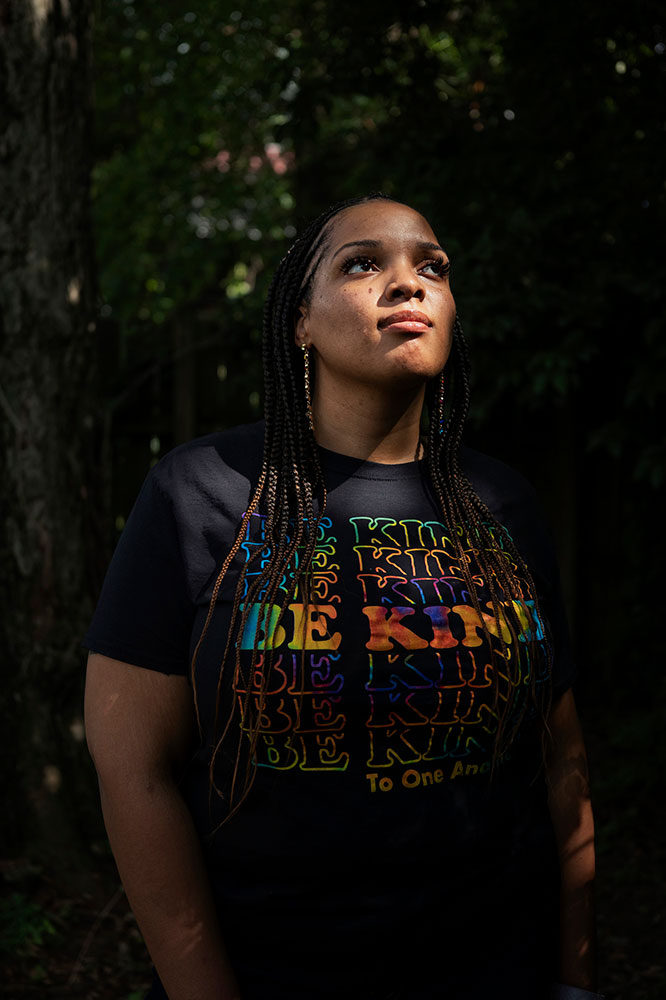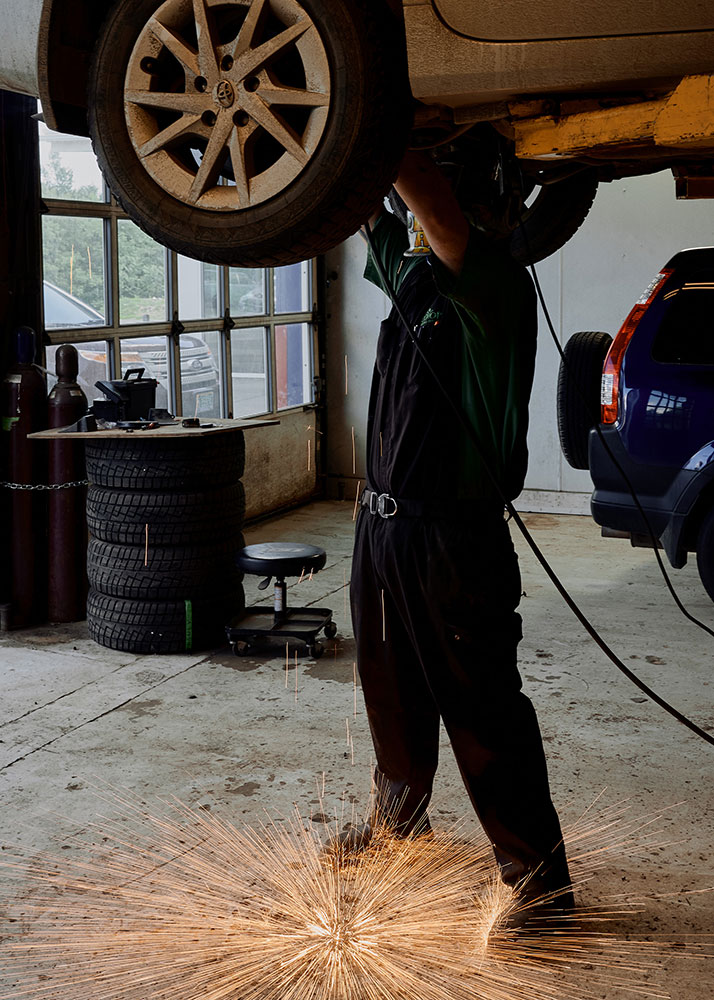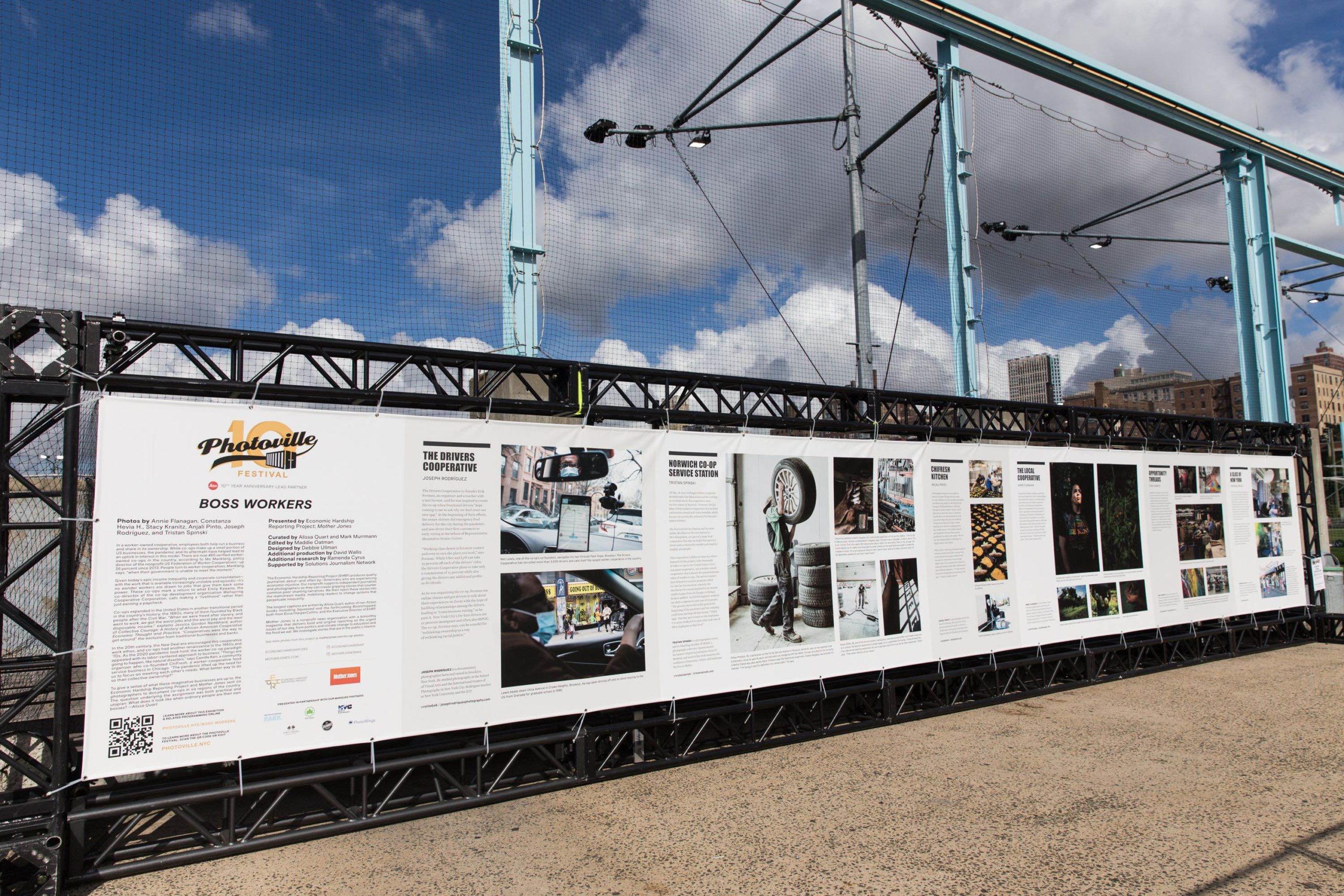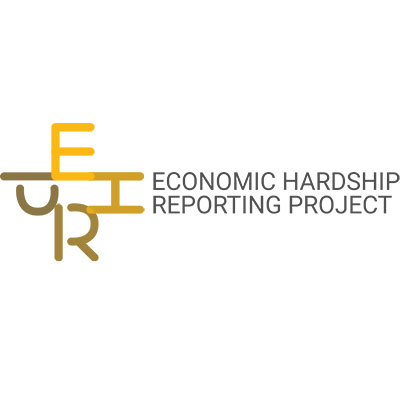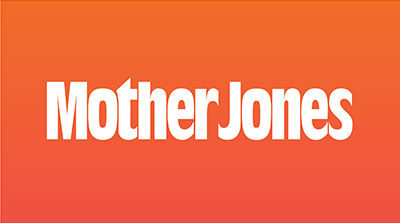Annie Flanagan @annieflanagan
Annie Flanagan is a New Orleans-based freelance photographer, journalist, and educator. Their work primarily focuses on gender, sexuality, identity, and trauma in the United States. Flanagan received an M.S. from S.I. Newhouse School of Public Communication at Syracuse University.
Constanza Hevia H. @constanzaheviah
Constanza Hevia H. is a Chilean documentary photographer and filmmaker. She documents visual stories focused on social and cultural issues using an anthropological methodology. In her work, Hevia seeks to explore the complex relationship between memory, loss, and mortality. She is a member of Women Photograph, Foto Féminas, and Diversify Photo.
Stacy Kranitz @stacykranitz
Kranitz was born in Kentucky, and currently lives in the Appalachian Mountains of eastern Tennessee. Kranitz is a current Guggenheim Fellow. Her first monograph, “As it Was Give(n) to Me,” will be published by Twin Palms.
Anjali Pinto @anjalipinto
Anjali Pinto is a photographer and writer based in Chicago. She received a B.A. in photojournalism from the University of Missouri, with special training at the Danish School of Media and Journalism.
Joseph Rodríguez @rollie6x6
www.josephrodriguezphotography.com
Joseph Rodríguez is a documentary photographer born and raised in Brooklyn, New York. He studied photography in the School of Visual Arts and in the photojournalism and documentary photography program at the International Center of Photography in New York City. Rodríguez teaches at New York University and the International Center of Photography, New York.
Tristan Spinski @tristanspinski
Tristan Spinski is a photographer, writer, and co-founding member of GRAIN, a photography collective. Spinski earned his master’s degree in journalism from UC Berkeley, and much of his work examines the confluence of economy, culture, and landscape. He lives in Maine.
